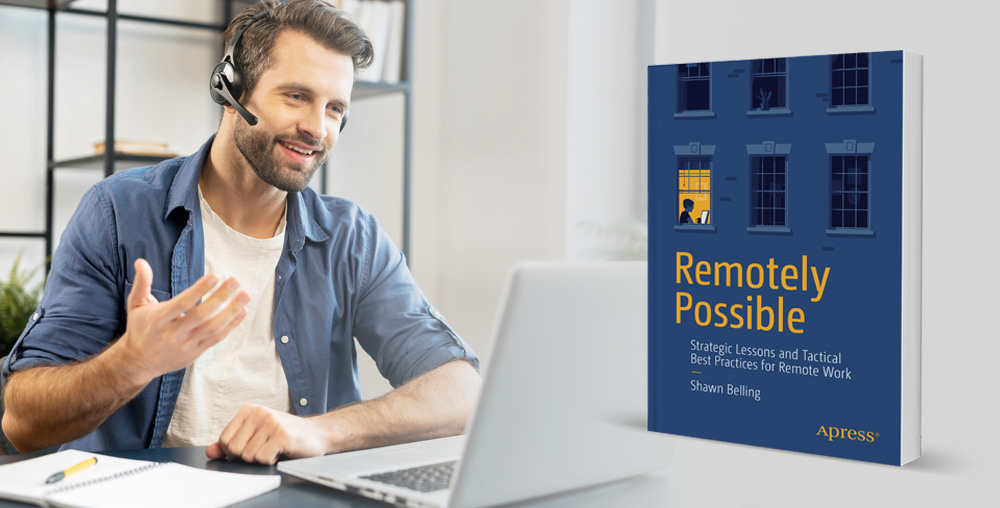
There has been a lot of news lately on what returning to physical office spaces will look like. Organizations like Facebook plan to let their employees decide where they’d like to work. The company recently expanded its remote work eligibility to all levels of the company, and they’re not alone. Many organizations are making moves into a hybrid work environment, and top talent will leave your organization if they’re not given the same option.
As you consider how you’ll bring employees back to physical spaces, your mindset might need to change. For your organization to remain relevant, you may need to reconsider your reliance on physical space and the ways your managers and leaders support virtual and hybrid teams. In The Post-COVID Business Mistake You Can’t Afford to Make, CPED instructor and author Shawn Belling implores you to rethink your remote and hybrid working policy in order to create a more inclusive, diverse, and successful organization.
What We’ve Learned
What is most important to your organization’s values and culture? Returning to physical spaces may be an opportunity to optimize those attributes for everyone on the team. Remote work allows you to hire the best people from anywhere in the world, diversifying your team and truly expanding your global reach.
You can now cut back on the expensive real estate to house your organization and instead enjoy the idea that everyone now has their own workspace at home, travels less for work, and can design their own work environment to best suit their needs. If you can, offer an occasional stipend for employees to optimize their remote work setting with better furnishings, a new chair, a standing desk, or whatever they need to do their best work.
Hybrid workplace leaders need to be mindful of their own behavior as new cultural norms develop in physical workspaces. If you are allowing employees to continue to work from home, you need to be respectful of that and not reward employees because they’re more willing or able to be in physical working spaces. The leadership styles your teams have implemented in the past will need to change in order to support a new culture.
Remote Work Is Not A Perk
Working remotely is no longer a reward or a privilege for employees. With the advancements in technology and the changes brought on by the global pandemic, remote work is now an expectation. Organizational leaders will need to reframe their mindset. Employees are leaving the organizations that are insisting they return to the office full time.
If you want to stay competitive and hire top talent for your team, you must assume that the best workers will require this option. Again, remote workers provider you with the opportunity to hire top talent from around the world. Workers have gotten used to their new work/life balance and if you want the best, you’ll need to accommodate these expectations.
Creating a Remote Friendly Culture
As a leader, you must be willing to cultivate an organizational culture that will allow remote workers to thrive. This can begin during the hiring process by test driving remote work scenarios and, if you trust the candidate, hire them. Prove to your team that you’re invested in their success by cultivating a workplace that values continuous improvement, professional development, and transparent communication.
Set up systems to stay connected and hold each other accountable with established ways to keep in touch and collaborate. When the team does need to meet in-person, make sure it’s both inclusive and a celebration – this kind of get together doesn’t happen every day.
Whether employees are in the office full time, working in a hybrid situation, or are remote working every day, make sure you’re giving each of them a uniformly excellent work experience. Show them they’re listened to, supported, and trusted no matter where they’re physically working.
For more advice from Shawn on the critical mistakes you need to avoid when cultivating your hybrid team, you can watch the rest of the webinar or order a copy of Shawn’s new book, Remotely Possible. If you’d like to ensure your organization is staying relevant and competitive in the hybrid workforce, we encourage you to set up a Discovery Session with our Solutions Advisors to evaluate how to best support your organization as you move forward.